Spice Up Your Plate: A Flavorful Guide to Brazil's Popular Dishes
Table of Contents
Introduction
Brazil is a country where food is more than just sustenance—it's a celebration of culture, history, and flavor. From the bustling streets of Rio de Janeiro to the tranquil beaches of Salvador, every region has its own unique culinary identity. And at the heart of this rich gastronomic tradition lies an array of spices that bring life and depth to Brazil's most popular dishes. Whether you're a seasoned chef or a curious foodie, this guide will take you on a flavorful journey through the world of Brazilian cuisine.
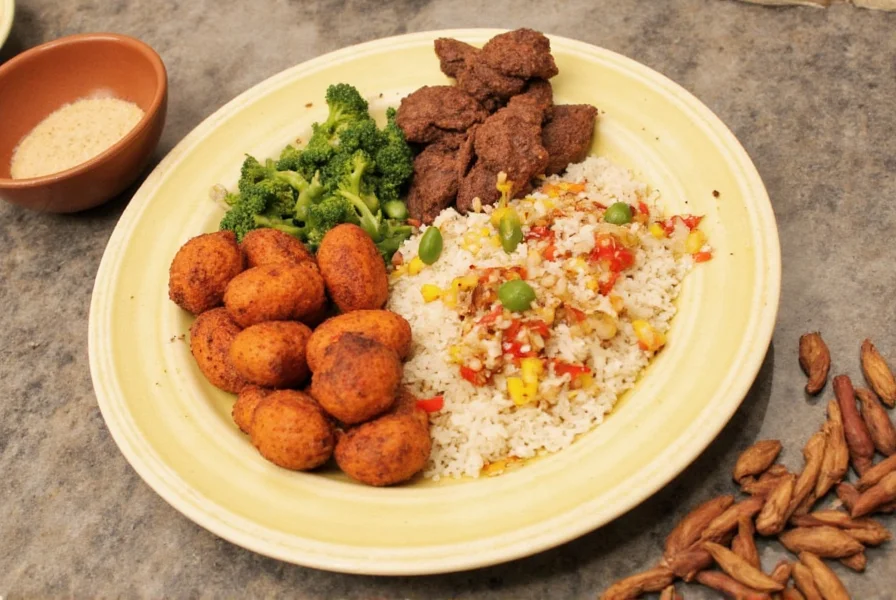
The Spice of Brazil
Brazil’s cuisine is a vibrant fusion of indigenous, African, Portuguese, and Italian influences. Spices play a crucial role in defining the bold flavors of Brazilian dishes. Unlike some cuisines that rely heavily on heat, Brazilian cooking often uses spices to enhance aroma, texture, and balance. Common ingredients include pimenta (chili pepper), cumin, coriander, garlic, and various herbs like coentro (cilantro) and manjericão (basil).
One of the most iconic spice blends in Brazil is moqueca, a seafood stew that combines coconut milk, tomatoes, and a mix of aromatic spices. This dish is not only delicious but also a perfect example of how spices can transform simple ingredients into something extraordinary.
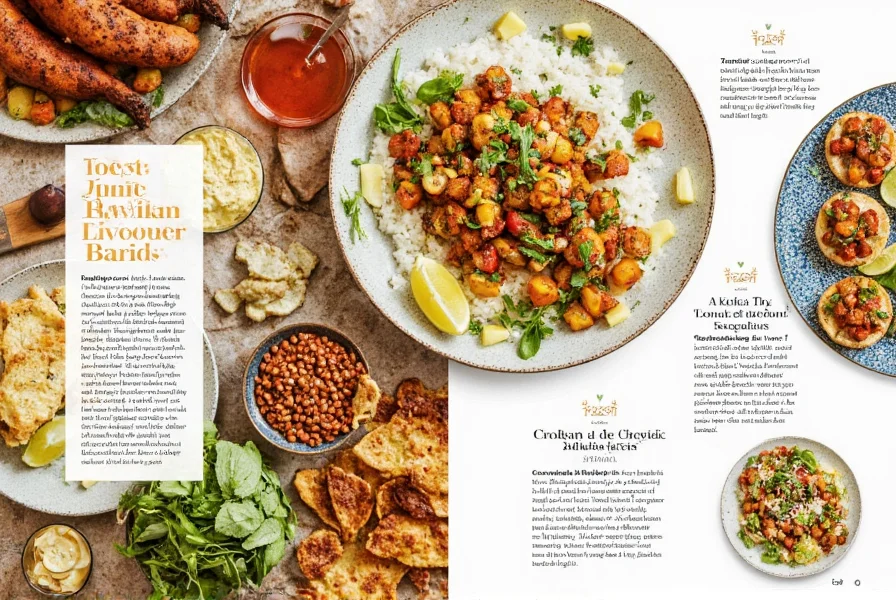
Popular Dishes in Brazil
Brazil is home to a wide variety of mouthwatering dishes, each with its own distinct flavor profile and cultural significance. Here are some of the most popular ones:
- Feijoada: Often referred to as Brazil’s national dish, feijoada is a hearty black bean stew made with pork, sausages, and a medley of spices. It's typically served with rice, collard greens, and farofa (toasted cassava flour).
- Picanha: This is a cut of beef that's grilled over open flames, often seasoned simply with salt and served with chimichurri sauce. Picanha is a staple at Brazilian churrascos (barbecues).
- Moqueca: As mentioned earlier, moqueca is a creamy seafood stew made with coconut milk, tomatoes, and a blend of spices. It’s a coastal favorite, especially in Bahia.
- Coxinha: These deep-fried dough balls are filled with shredded chicken and cream cheese. They’re a popular street food and snack.
- Brigadeiro: A beloved Brazilian dessert made from condensed milk, cocoa powder, and chocolate sprinkles. It’s often served at parties and celebrations.
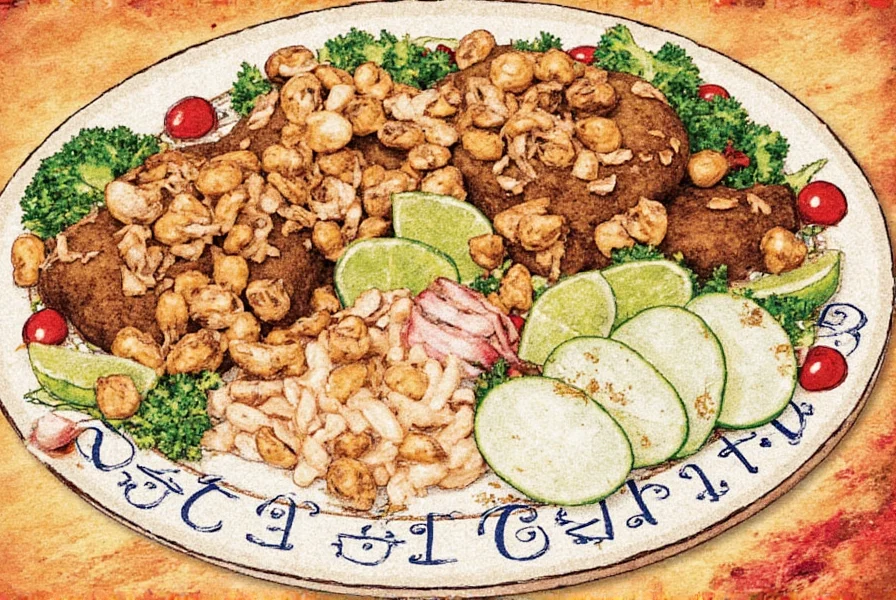
How to Cook Them
While some Brazilian dishes may seem complex, many can be mastered with a few key techniques and a bit of patience. Here are some tips for cooking some of Brazil’s most popular dishes:
Feijoada
Feijoada is best made with a combination of different cuts of pork, such as bacon, sausage, and ribs. The beans should be cooked slowly to develop their full flavor. Serve it with white rice, collard greens, and farofa for a complete meal.
Picanha
To cook picanha, season it with coarse salt and let it rest at room temperature for 30 minutes. Grill it over high heat until the fat renders and the meat is juicy inside. Serve it with chimichurri sauce for a fresh and zesty kick.
Moqueca
For a traditional moqueca, start by sautéing onions, garlic, and tomatoes. Add shrimp or fish, then pour in coconut milk and simmer. Finish with a splash of lime juice and a handful of cilantro for freshness.
Coxinha
Coxinha is a fun and tasty snack that requires a bit of effort. Start by making a dough with flour, butter, and milk. Fill it with a mixture of shredded chicken and cream cheese, shape it into a teardrop, and deep fry until golden brown.
Brigadeiro
Brigadeiro is easy to make and perfect for any occasion. Simply mix condensed milk, cocoa powder, and butter in a saucepan until smooth. Roll the mixture into small balls and coat them with chocolate sprinkles.
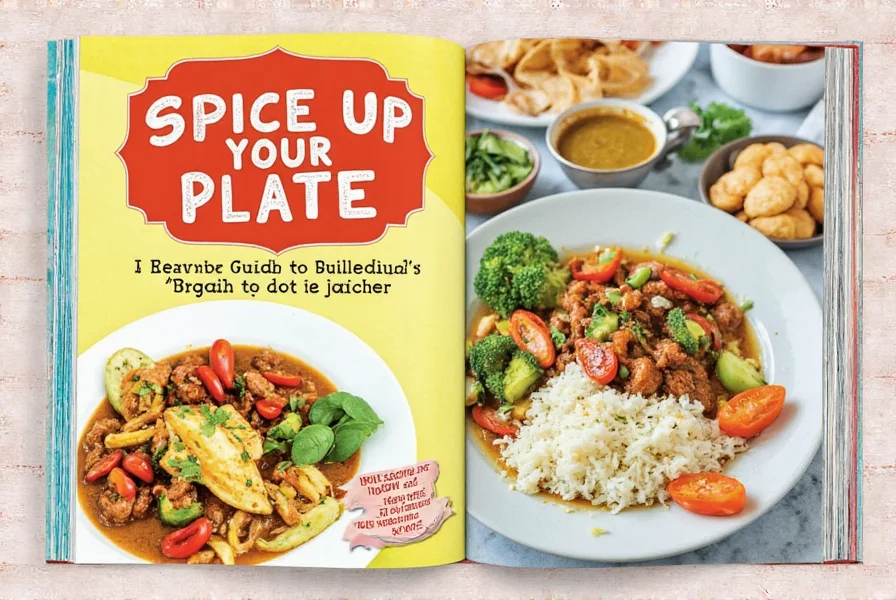
Buying Guide
If you're looking to recreate these Brazilian dishes at home, you’ll need to stock your kitchen with the right ingredients. Here are some essential items and their benefits:
| Item | Description | Use Case | Target Audience | Suitable Occasions |
|---|---|---|---|---|
| Pimenta | Dried chili peppers used for heat and flavor | Adds spiciness to stews, sauces, and marinades | Cooking enthusiasts, home chefs | Weeknight meals, family dinners |
| Coconut Milk | Creamy liquid extracted from grated coconut | Essential for moqueca and other creamy dishes | Foodies, adventurous cooks | Special occasions, holiday gatherings |
| Farofa | Toasted cassava flour used as a side dish | Complements feijoada and other hearty meals | Traditionalists, Brazilian cuisine lovers | Family meals, festive events |
| Chimichurri | Herb-based sauce made with parsley, garlic, and vinegar | Perfect for grilling meats | Grill lovers, barbecue enthusiasts | Summer barbecues, casual dinners |
| Condensed Milk | Key ingredient in brigadeiro and other sweets | Bakers, dessert lovers | Parties, birthdays, special events |

Conclusion
Brazil’s popular dishes are a testament to the country’s rich culinary heritage and diverse cultural influences. Whether you’re savoring a plate of feijoada, enjoying a juicy picanha, or indulging in a sweet brigadeiro, each bite tells a story of tradition, passion, and flavor. With the right spices and techniques, you can bring the essence of Brazil into your kitchen. So why not start exploring? Your taste buds—and your guests—will thank you!
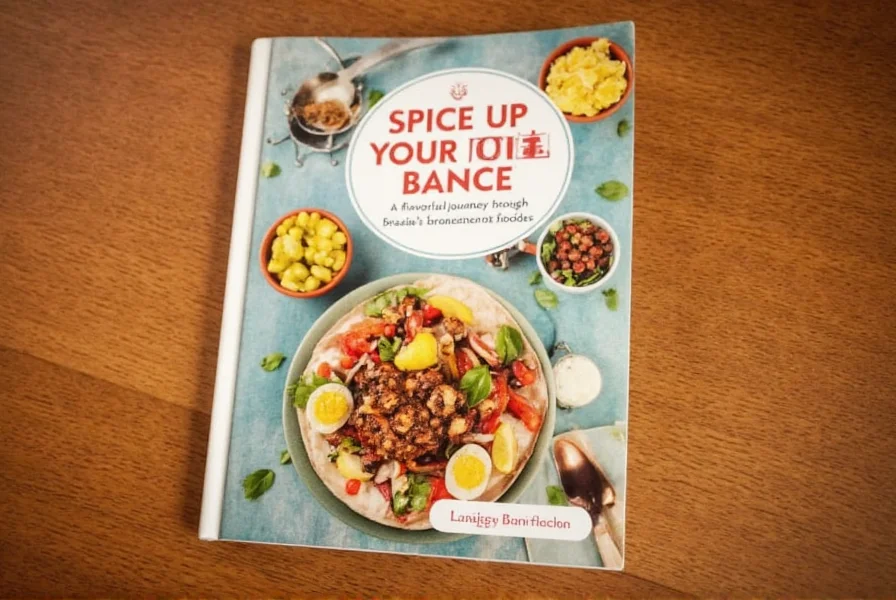
Expand on the popular dishes in Brazil
Brazil’s popular dishes are not just about the ingredients; they are deeply rooted in the country’s history and traditions. For instance, feijoada reflects the influence of African and Portuguese cooking, while picanha showcases the love for grilled meats that comes from the gaúcho culture. Each dish has its own story, and understanding that story adds another layer of appreciation when you enjoy it. By learning about these dishes and their origins, you can better appreciate the rich tapestry of Brazilian cuisine and even find new ways to incorporate them into your own cooking.
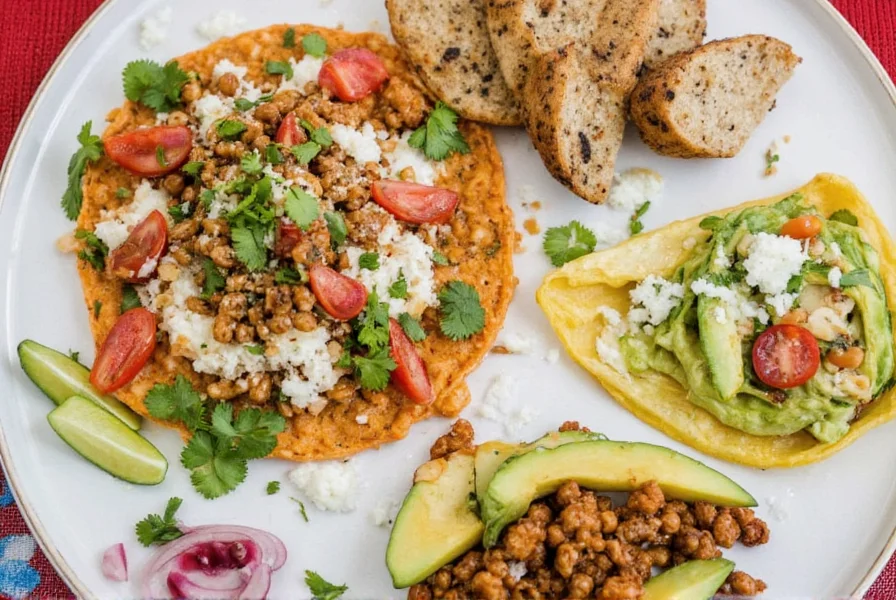

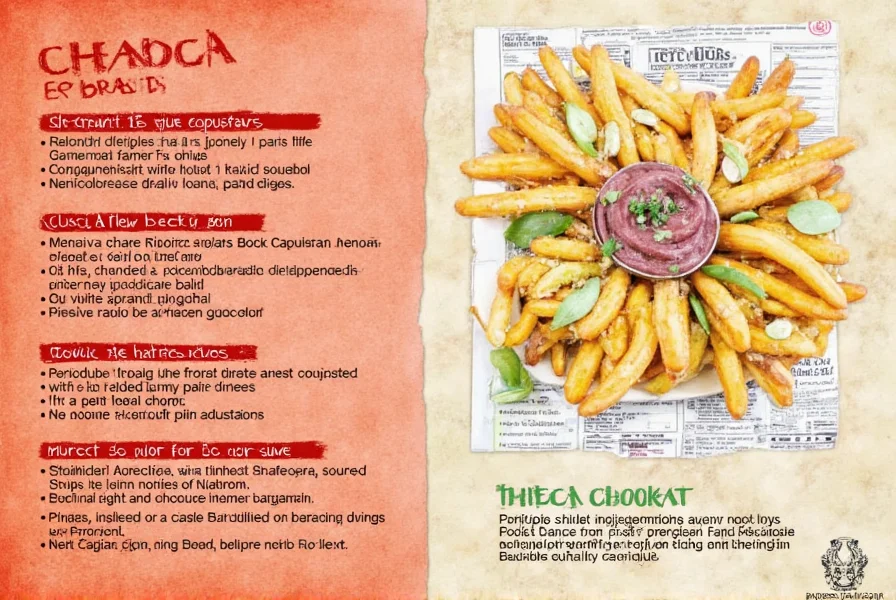









 浙公网安备
33010002000092号
浙公网安备
33010002000092号 浙B2-20120091-4
浙B2-20120091-4